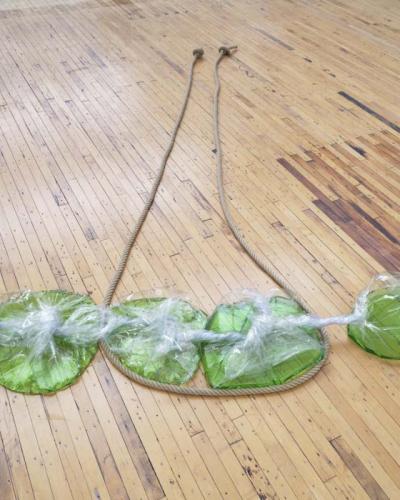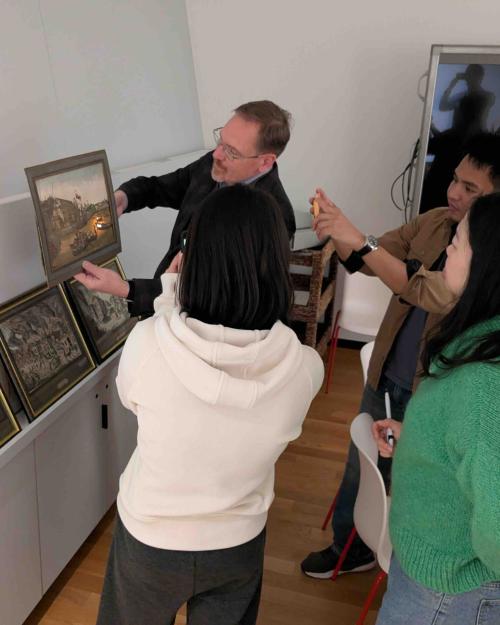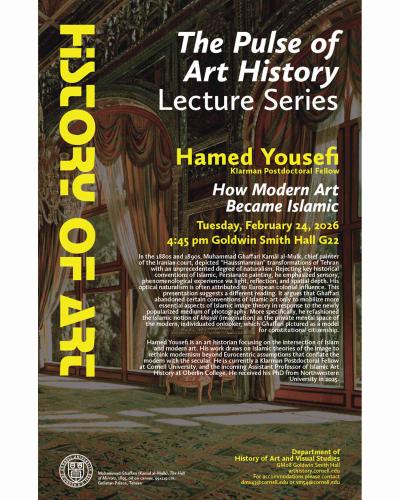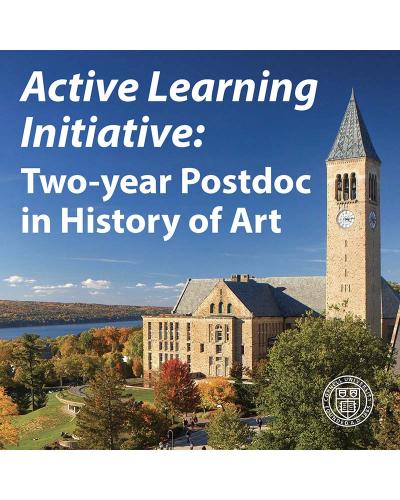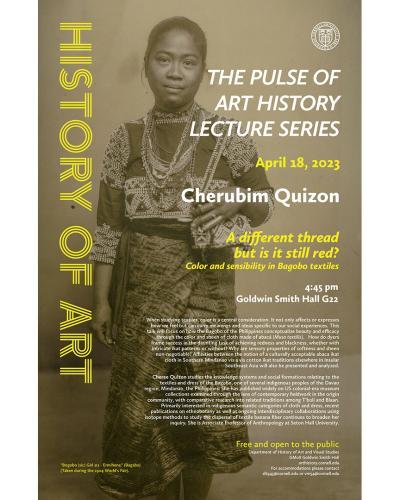When studying textiles, color is a central consideration. It not only affects or expresses how we feel but can carry meanings and ideas specific to our social experiences. This talk will focus on how the Bagobo of the Philippines conceptualize beauty and efficacy through the color and sheen of cloth made of abacá (Musa textilis). How do dyers frame success in the daunting task of achieving redness and blackness, whether with intricate ikat patterns or without? Why are sensory properties of softness and sheen non-negotiable? Affinities between the notion of a culturally acceptable abaca ikat cloth in Southern Mindanao vis a vis cotton ikat traditions elsewhere in insular Southeast Asia will also be presented and analyzed.
Cheree Quizon studies the knowledge systems and social formations relating to the textiles and dress of the Bagobo, one of several indigenous peoples of the Davao region, Mindanao, the Philippines. She has published widely on US colonial-era museum collections examined through the lens of contemporary fieldwork in the origin community, with comparative research into related traditions among T’boli and Blaan. Primarily interested in indigenous semantic categories of cloth and dress, recent publications on ethnobotany as well as ongoing interdisciplinary collaborations using isotope methods to study the dispersal of textile banana fiber continues to broaden her inquiry. She is Associate Professor of Anthropology at Seton Hall University.

